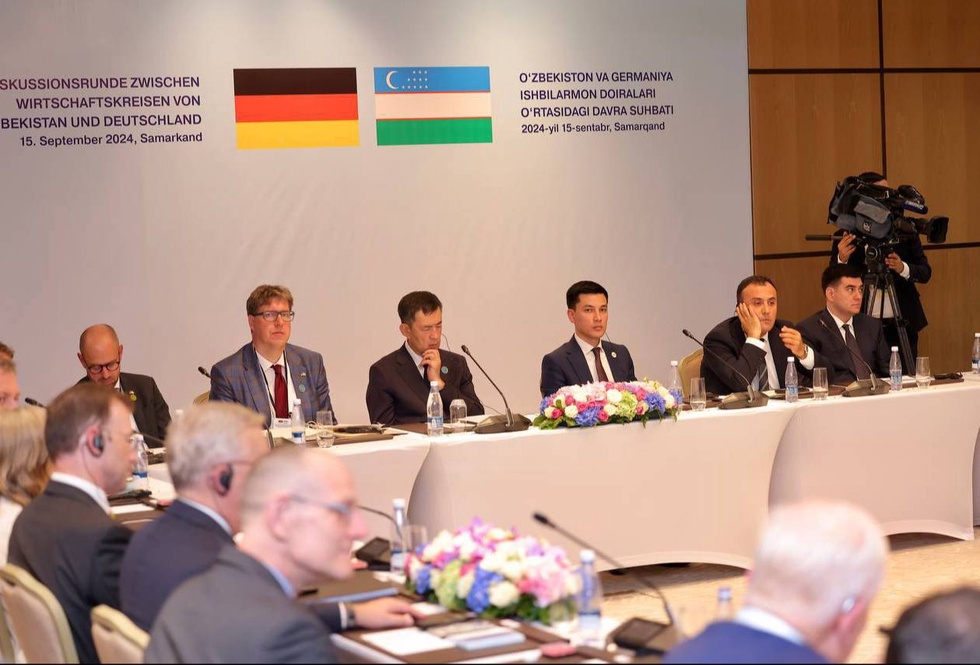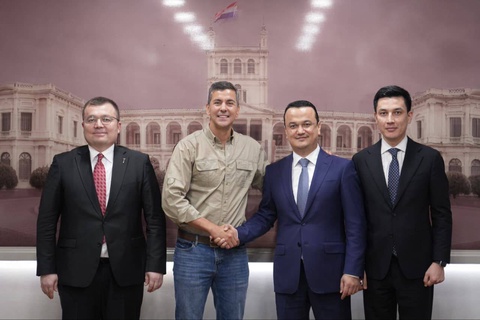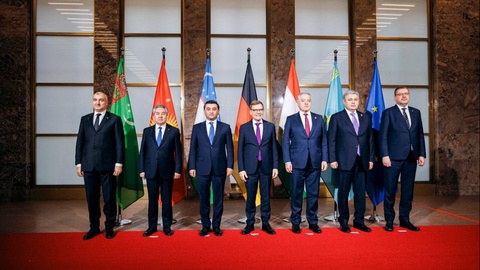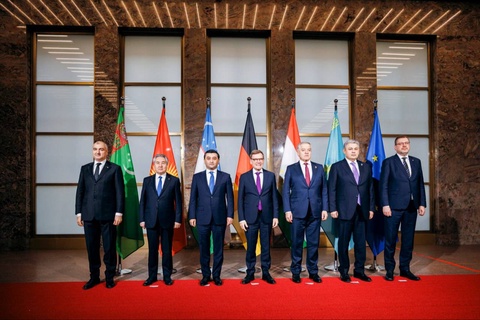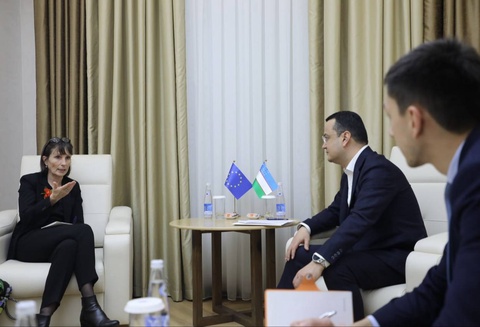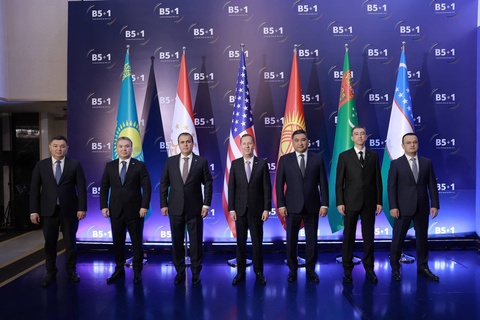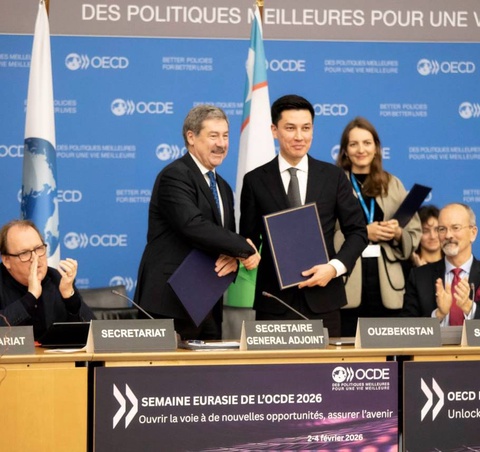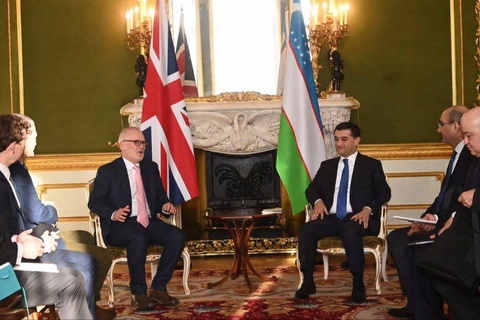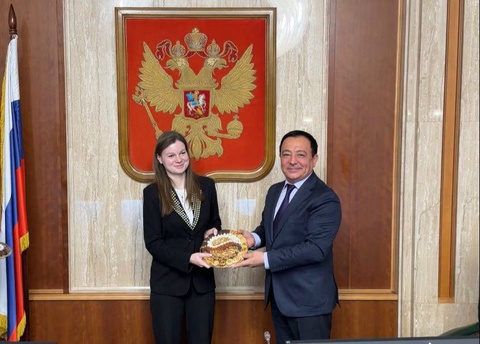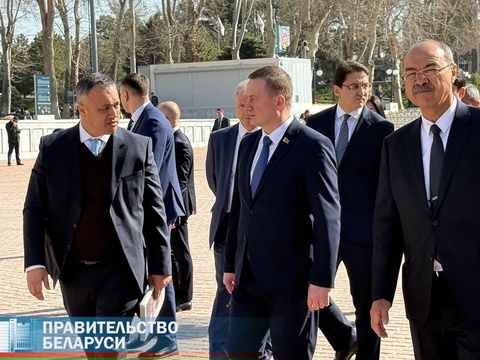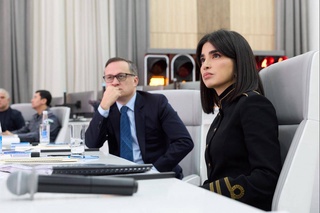The practical aspects of large-scale reforms implemented in Uzbekistan to improve the investment climate, reduce the tax burden, abolish customs duties on 8000 items of goods, abolish licensing of a number of activities, and legislative protection of investors' rights were noted.
The results of the work are highlighted, and this is a 3-fold increase in FDI since 2017, stable economic growth of 5% and industrial growth of 8%, an increase in exports by 2 times. Among the main goals are the withdrawal of GDP by $ 160 billion with a per capita income of $ 4,000, and accession to the World Trade Organization.
It is pointed out the importance of deepening constructive mutually beneficial partnerships. A great effect is expected from combining the rich natural resources and qualified personnel of Uzbekistan with the technological and industrial potential of Germany.
Presentations of the investment potential of the country's electrical, mechanical engineering and chemical industries were also organized during the meeting.
The heads of German companies shared their vision and plans to enter the Uzbek market. Specific proposals and directions for joint work have been announced.
Following the meeting, a number of agreements and contracts were signed in the fields of production of copper products, medical devices and personal hygiene products, textile products, the development of a vocational training system, the organization of employment of Uzbek citizens at German enterprises, the creation of a modern logistics center, education and financial and technical cooperation.
In particular, Minister of Investment, Industry and Trade of the Republic of Uzbekistan Laziz Kudratov and Executive Director of the Eastern Committee of the German Economy Michael Harms signed a Program of technological cooperation and industrial cooperation between Uzbekistan and Germany for 2024-2026.


